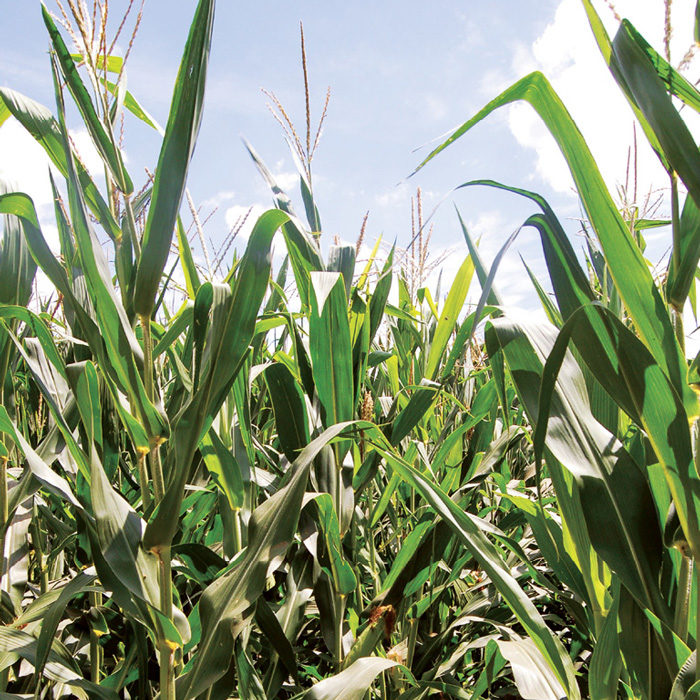No-Till Farmer
Get full access NOW to the most comprehensive, powerful and easy-to-use online resource for no-tillage practices. Just one good idea will pay for your subscription hundreds of times over.

Agriculture’s traditional view on plants has been very passive, with the thought being they’ll take whatever growers give them, says J.C. Cahill.
But the University of Alberta experimental plant ecologist is finding the way plants explore their world is much more sophisticated than anyone has realized.
“They’re very actively making decisions,” he says. “They’re sensing small differences in their environment and they’re changing what they do accordingly.”
In the PBS documentary, “What Plants Talk About,” Cahill and other researchers share their findings on plant behavior and communication. What they’ve discovered could be huge for the future of agriculture, Cahill says.
“The current agriculture system is really based on the idea that we just add everything the plant needs and that increases production,” he explains. “And it definitely does increase production. But if we could let plants be plants and give them what they want — where they want it and when they need it — there’s a potential we could have a lot less waste, and thus a lot less cost in terms of what we add to the system.”
“Plants are very actively making decisions. They’re sensing small differences in their environment and they’re changing what they do accordingly…”— J.C. Cahill
For no-tillers, that may start with their fertility program. Cahill says plants tend to do best when nutrients are concentrated and they don’t have to spread their roots everywhere, which saves them a lot of energy.
“Any time the plant grows any part, be it…